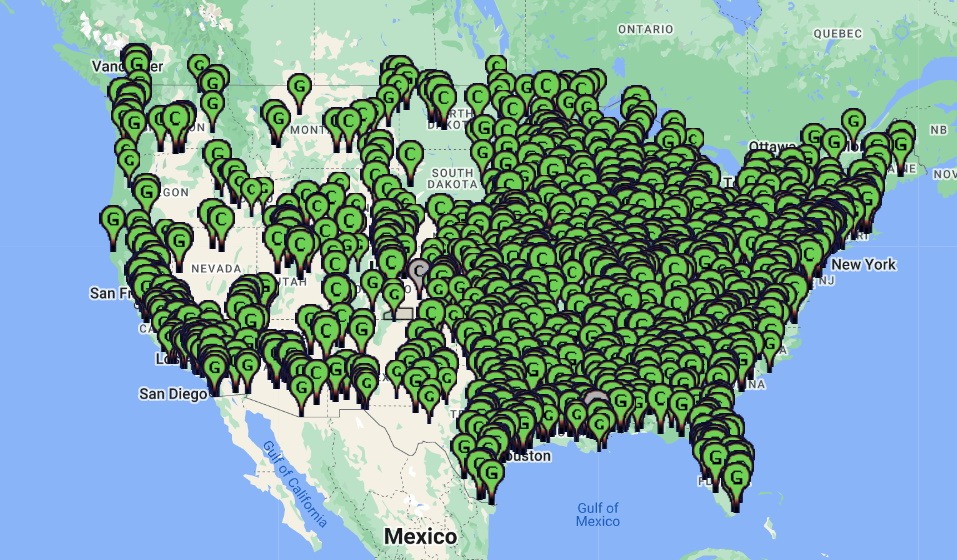Tag: liquid fuels
-
Out of the Garbage Can and Into the Fire
– by Mike Ewall So-called “waste-to-energy” (WTE) is usually a euphemism for trash incineration, disposing of waste while making modest amounts of electricity and sometimes steam for heating purposes. Now, waste-to-fuels (WTF?) — turning waste into liquid fuels for transportation — is starting to emerge as a subset of WTE. Noting their acronym problem, the…
EJ Communities Map

We are mapping all of the existing, proposed, closed and defeated dirty energy and waste facilities in the US. We are building a network of community groups to fight the facilities and the corporations behind them.
Related Projects
ActionPA
EJnet
Corporations
Race & Class Census Map
